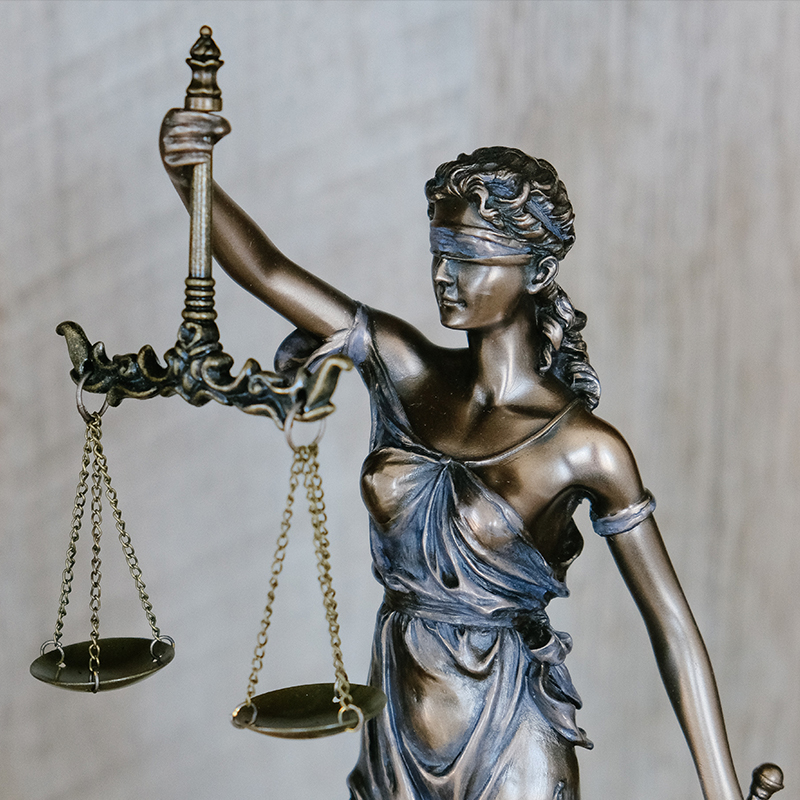Manhattan District Attorney Alvin Bragg indicted Trump on April 4th on 34 separate counts of falsifying business records in relation to the settlement between Trump & porn star Stormy Daniels. Each count references a business record (ledger entry, check, etc.) that was involved, and each count carries a maximum sentence of four years jail time. In all, if found guilty on all counts, Trump could face 136 years in prison for what is essentially him trying to either a) hide a settlement with someone who extorted him, or b) hide an affair he had with Daniels.
Last week, Trump was indicted by US Special Counsel Jack Smith in Miami. Here, he faces 37 counts ranging from falsifying records to illegally possessing classified materials, with a maximum sentence of 400 years if found guilty on all counts. This for a “crime” that is rarely prosecuted, and for which Joe Biden is equally guilty considering that he had boxes of classified files in his garage.
No doubt, both indictments allege actual crimes, and if guilty, justice would demand that Trump pay for what he has done. However, neither crimes warrant anywhere near the level of potential punishment, and it’s clear that the prosecutors are using “charge stacking” to pressure Trump into settling his case and earning a conviction.
This practice of charge stacking is a weapon leveraged against criminal defendants on a routine basis as a means of forcing them to settle. In some cases, where actual harm is done, charge stacking makes sense and is appropriate, but there are too many cases today where not just Trump, but average citizens have dozens of charges stacked against them as a means of robbing them of their Constitutional right to a trial by a jury of their peers.
Take the case of 17 year old Terrence Smith. On February 5, 2000 Smith drove an acquaintance to an apartment where he routinely bought marijuana. He bought four ounces, and the acquaintance attempted to buy some weed as well and then grew upset when he thought he didn’t get what he paid for. He pulled a gun, and Smith fled. Three people were shot, with the drug dealer being paralyzed from the waist down.
Smith eventually turned himself in, and although he was not present during the shooting, and though he was 17 years old at the time, prosecutors charged him as an accessory. They offered a plea deal — 10 years of prison time if he testified against the shooter. Refuse to testify, and they’d add additional charges to the tune of 50 years.
Believing the ten-year sentence to be wrong, Smith went to trial, where he was eventually convicted and sentenced to 50 years in prison. This for a shooting he did not commit, and all because prosecutors punished him for refusing to plead out.
Plea deals have their place — they expedite the process of convicting criminals, but when the plea system is leveraged to essentially force an accused person to choose between pleading guilty or being hammered with additional jail time, the system is twisted not into a tool for expedient justice, but to extort the accused out of their Constitutional right. Defense attorneys will advise their clients to take the deal, since the consequence of losing in court is so overwhelmingly damaging.
Whether it’s a kid who is serving 50 years for buying four ounces of marijuana, or an American President facing potentially life in prison for what are mere administrative crimes, the result is the same — a justice system that is weaponized to convict with a vengeance, rather than seek appropriate justice for the crimes that were comitted.
Leave aside for a moment the fact that Trump’s alleged crimes are routinely passed over for other individuals, or settled with fines. Leave aside the double standard where a right-wing candidate is punished while a Democrate candidate’s crimes are ignored. At what point did writing a check and covering up the details of a hush-money settlement become a crime worthy of 136 years in prison?
Trump faces a horrible choice. It’s highly unlikely that his attorneys will be able to get not-guilty verdicts in all 34 counts of the Bragg indictment. Probability alone dictates that he’ll be found guilty on a few. That’s the rationale behind the stacked charges — if you can’t get Trump on one charge, get him on another. The prosecution is political, with the goal of attaching a felony to Trump to destroy his chances at being elected.
However the case ends up, Trump will be fine. His lawyers will appeal the cases and he’ll eventually go free, but the damage to his political career will be done. But individuals like Terrence Smith will be in his sixties when he’s released, all for buying a quarter pound of weed when he was 17, and he’s one example out of thousands of cases like this tried every year. Over 90% of criminal cases are pled out.
This is not right, and it needs to be changed.


Leave a Reply